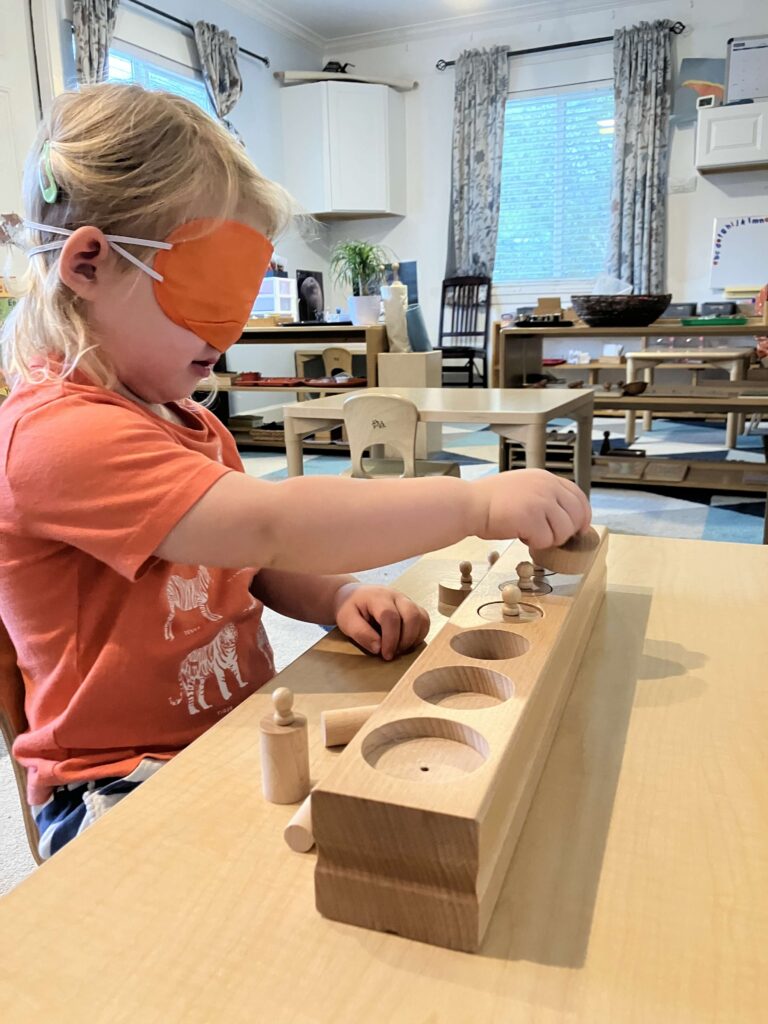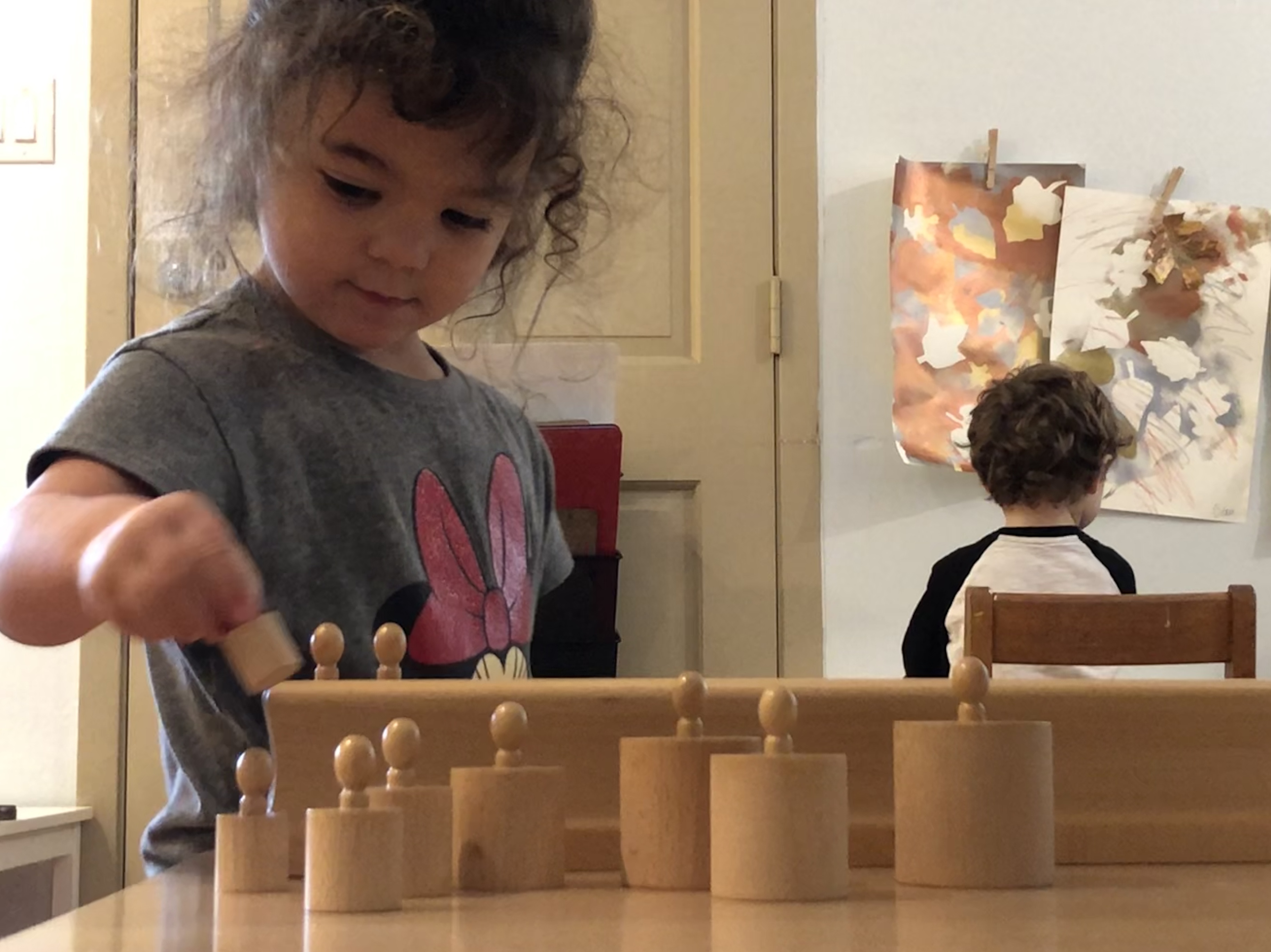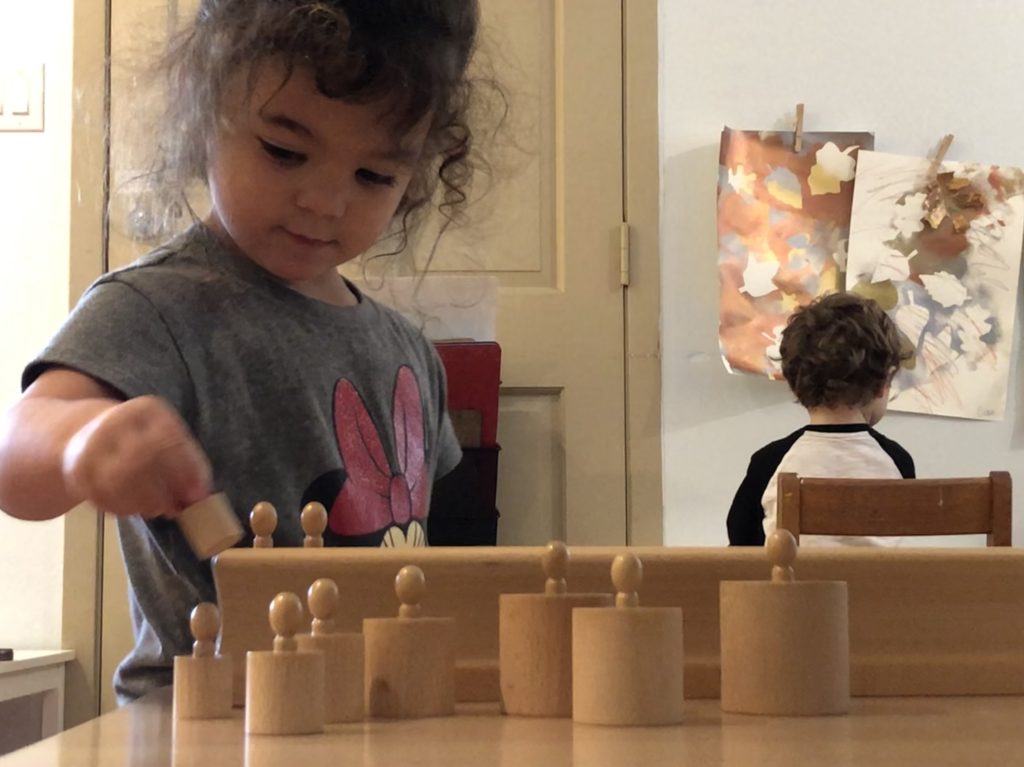Academics at all levels have researched how we learn. There are myriad pedagogies that we won’t get into here. (It probably goes without saying but we like Montessori best!) One aspect within the question of how we learn is “What happens when mistakes are made?”
Carol Dweck made famous the phrase “growth mindset” in her 2007 book Mindset, which refers to our willingness to correct our own errors. Others wonder whether we better learn from our own mistakes, or should we rather learn from the mistakes of others? Is that even preferable?
As teachers we know that students of all ages make mistakes and teachers as much as students need to be prepared for these occasions and ensure that they are learning experiences.
In developing her materials over 100 years ago, she built an inherent control of error into many of her designs. The child must work through corrections until success is achieved. After repetition of these tasks, the young child is able to learn that mistakes are our friends. We learn from them, and move on.
And guess what? Children have fun while they do this! Many of us adults could do so well.
This is may be best exemplified in the classic Montessori work, the knobbed cylinders, pictured above. “A young child takes ten cylinders out of a wooden case; the cylinders vary in height and diameter,” writes Tim Seldin in The Montessori Way. “The control of error lies in the construction of the objects: a cylinder can only fit into one place in the wooden case.”
While a child has fun “playing” with these objects, they are inherently learning. While manipulating them, they learn about the shape of a cylinder or cube or rod. They are also arranging them into lovely sets of 10—readying them for future math lessons using the decimal system.
Was Dr Montessori ahead of her time? All the while the child is playing (in their mind, yes, they are playing) they are simultaneously learning that is OK to make mistakes. The alternative, Carol Dweck tells us, is letting the mistakes dominate you and falling into a “fixed mindset” in which learning and growth are not just less likely to occur, but may regress.


